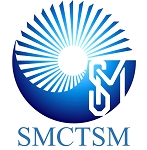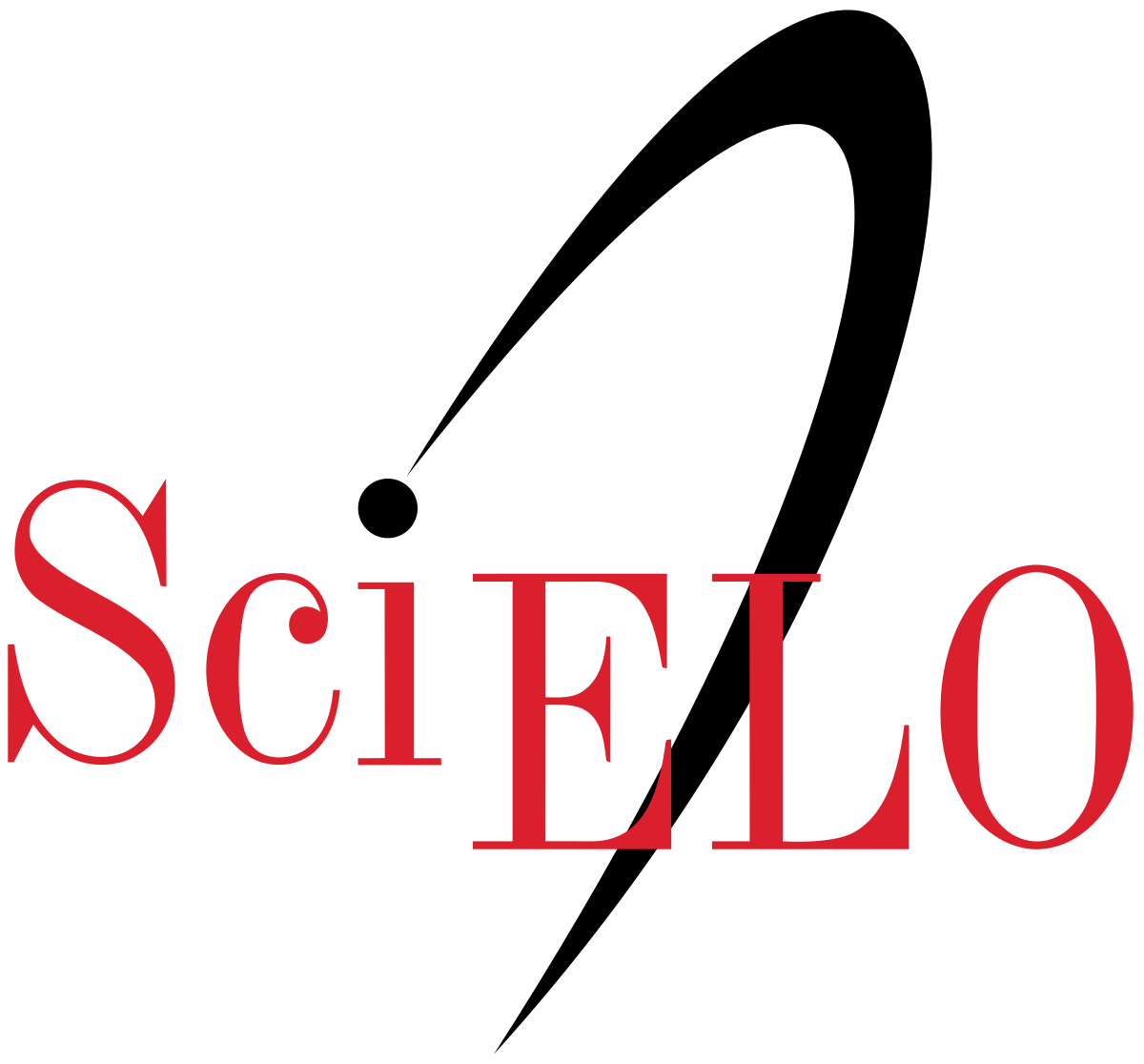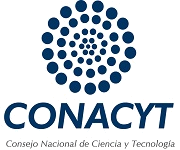A methodology for simulation of hybrid Single-electron/MOS transistor circuits
Keywords:
Single-electron transistor, Hybrid simulation, Piecewise linear modellingAbstract
On one side, the steady downscaling that CMOS technology has experienced in the last four decades has brought it near its fundamental limits due to the appearance of quantum effects which were not previously taken into account. On the other side, — and even though the current problems involved in their fabrication, nanoelectronic devices such as the Single- Electron Transistors (SET) are devised as future basic cell in the development of electronic systems. It clearly results that in forthcoming years, mature nanometric CMOS devices will share scenario with single-electron devices and other nano-devices in a wide number of applications, yielding hybrid electronic systems. Therefore, it becomes imperative to develop design verifi cation methods and tools specially suited for these hybrid systems. In this paper, we present a simulation methodology for the electrical simulation of hybrid SET/MOS IC designs. The methodology results in a piecewise linear representation of the static SET characteristic that can be easily combined with existing MOS models in a standard industry package for electrical simulation such a SPICE.References
. R. H. Klunder, PhD Thesis, (Delft University of Technology,(2003).
. J. Hoekstra, R. Van de Haar, Proceedings of European Conference on Circuit Theory and Design, 2, 382, (2003).
. C. H. Hu, J. F. Jiang, and Q.Y. Cai, Proceedings of the 2002 2nd IEEE Conference on Nanotechnology, 483, (2002).
. C. Zhang, L. Fang, B. Sui, Y. Chi, and S. D. Cotofana, Proceedings of the 2nd International Conference on Computer Engineering and Technology, 3, 483, (2010).
. C. Wasshuber, H. Kosina, and S. Selberherr, IEEE Transactions on Computer-Aided Design of Integrated Circuits and Systems, 16, 937, (1997).
. R. Ha. Chen, A. N. Korotkov, and K. K. Likharev, Proceedings of Device Research Conference, 44, (1995).
. Y. S. Yu, J. H. Oh, S. W. Hwang, D. Ahn, Proceedings of Asia Pacifi c Workshop on Fundamental and Application of Advanced Semiconductor Device, 100, 85, (2000).
. L. R. C. Fonseca, A. N. Korotkov, K. Likharev, Journal of Applied Physics, 78, 3238, (1995).
. Y. S. Yu, S. W. Hwang, D. Ahn, IEEE Transactions on Electron Devices, 46, 1667, (1999).
. Y. L. Wu, S. T. Lin, Technical Proceedings of the 2003 Nanotechnology Conference, 3, 321, (2003).
. J. Ogrodzki, Circuit Simulation Methods and Algorithms, (1994).
. O. Zinke K. Kundert, Kluwer Academic Publishers, (2004).
. P. Julian, IEEE Transactions on Circuits and Systems, 50, 387, (2003).
. D. M. W. Leenarts. M. G. van Bokhoven, Kluwer Academic Publishers, (1998).
. L. O. Chua, P. M. Lin, Computational Methods in CAD, Academic Press, (1973).
. P. Lafarge, H. Pothier, E. R. Williams, D. Esteve, C. Urbina, M. H. Devoret, Journal of Zeitschrift fr Physik B Condensed Matter, 85, 327, (1991).
. R. H. Chen, A. N. Korotkov, K. K. Likharev, Device Research Conference, 44, (1995).
. K. Likharev, Proceedings of the IEEE, 87, 606, (1999).
. Y. S. Yu, Y. I. Jung, J. H. Park, Journal of the Korean Physical Society, 35, 991, (1999).
. C. P. Heij, Applied Physics Letters, 74, 1042, (1999).
. T. Aoki, H. Inokawa, Y. Takahashi, K. Degawa, IEICE Transactions on electronics, 87, 1818, (2004).
. H. Inokawa, A. Fujiwara, Y. Takahashi, Journal of Applied Physics, 41, 2566, (2002).
. K. Uchida, J. Koga, R. Ohba, A. Toriumi, Conference on Solid-State Circuits, 1, 206, (2002).
. K. Uchida, J. Koga, R. Ohba, A. Toriumi, IEEE Transactions on Electron Devices, 50, 1623, (2003).
Downloads
Published
Issue
Section
License
©2026 by the authors; licensee SMCTSM, Mexico. This article is an open access article distributed under the terms and conditions of the Creative Commons Attribution license (http://creativecommons.org/licenses/by/4.0/).





